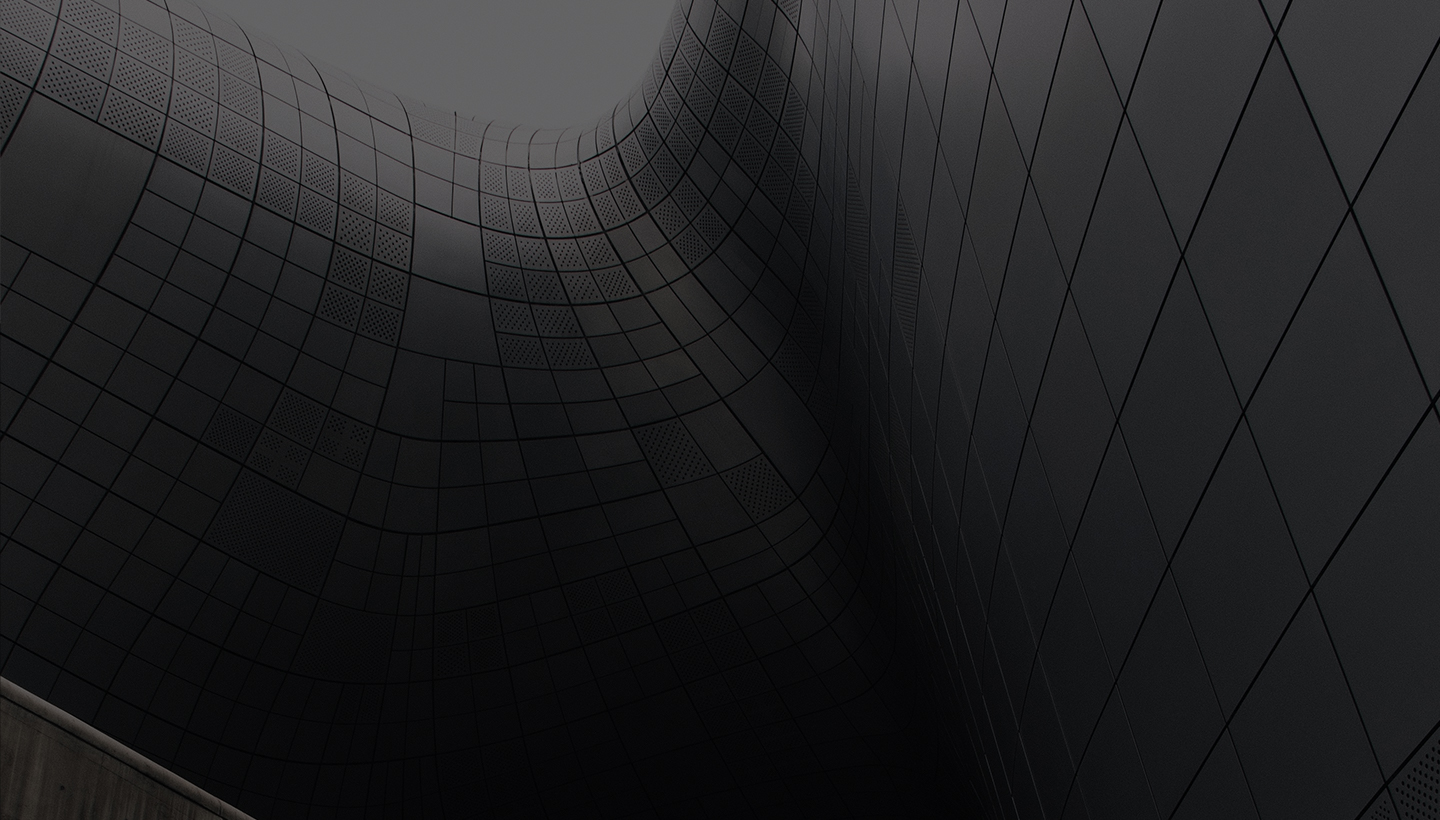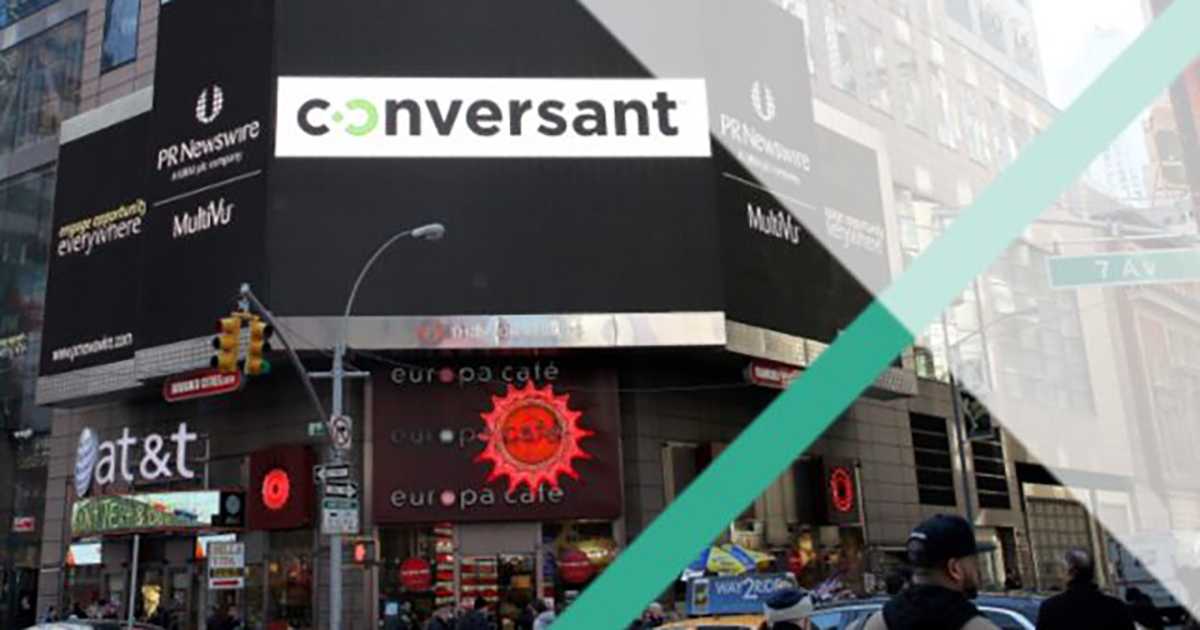The Court's decision emphasized LG's detailed pre-suit knowledge of the patents-in-suit, as well as its licensing negotiation conduct, in which LG invited Core Wireless representatives to Korea only to state that LG found litigation "preferable" to a license.
The Court also noted testimony obtained during a deposition by Kayvan Noroozi, in which LG's corporate representative admitted that "after thorough review of the patents-in-suit he concluded that the patents are novel and non-obvious." Dkt. 47 at 2.
In conclusion, the Court found that LG's conduct was "driven by its resistance to being the first in the industry to take a license, and not by the merits or strength of its non-infringement and invalidity defense." Dkt. 47 at 3.
The decision appears to be the first damages enhancement in a standards-essential patent case. LG had previously sought to categorically preclude such an outcome through a motion for summary judgment, arguing that willful infringement is unavailable in cases involving standard-essential patents. The Court disagreed, acknowledging extensive evidence of willfulness presented in Core Wireless's opposition briefing and refusing to adopt LG's "bright line" proposition.
Orders


